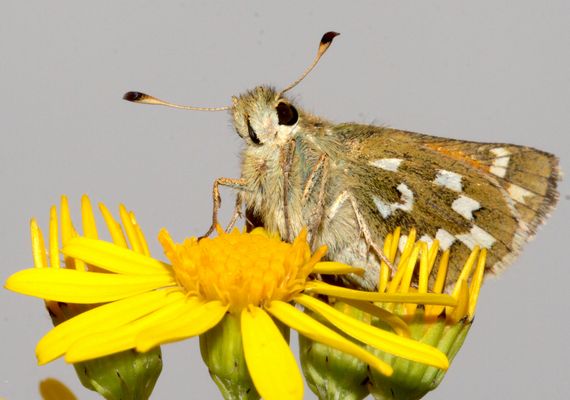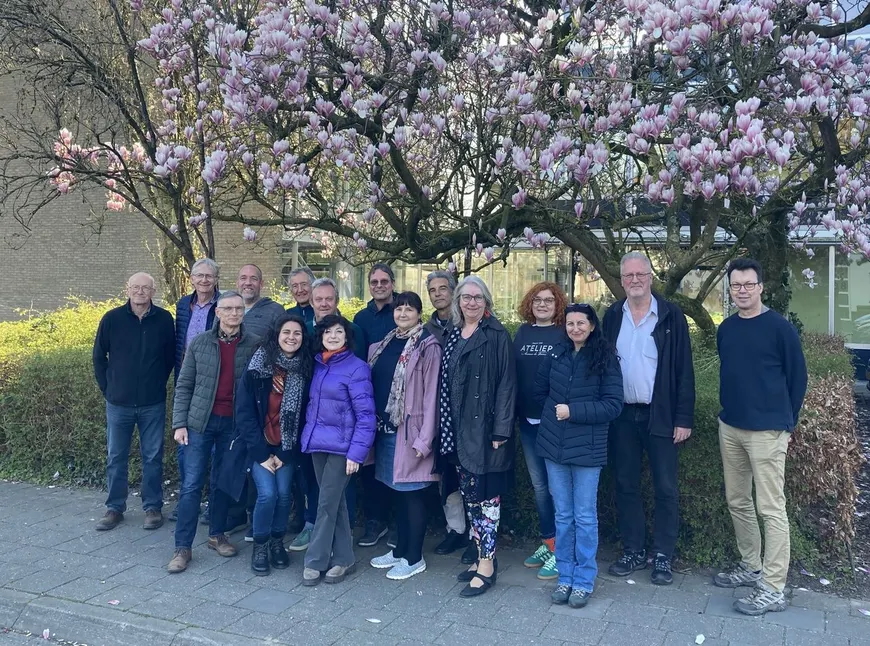About BCE
Butterfly Conservation Europe is a partnership organisation focused on halting and reversing the decline of butterflies, moths and their habitats throughout Europe.
Decline
Butterflies and moths are in serious decline in most European countries. Action is urgently needed at a European level to halt their decline and restore a countryside rich in butterflies, moths and other wildlife. Organisations and friends in various countries across Europe have therefore come together to form Butterfly Conservation Europe.
Aims and operating principles
BCE aims to prevent the extinction of any species of butterfly and moth, especially in Europe, and promote all activities and initiatives to conserve butterflies, moths and their habitats in Europe. A major focus is to help implement the Convention of Biological Diversity with respect to butterflies, moths and their habitats, and contribute to the implementation of the EU Biodiversity Strategy 2030, including the target to reverse declines in wild pollinators. We regard butterflies and moths as a vital part of this.
- 1) The Convention of Biological Diversity, with respect to butterflies, moths and their habitats,
- 2) The EU Biodiversity Strategy 2030. This document sets the target to reverse declines in wild pollinators. We regard butterflies as a vital part of this.
- 3) The Nature Restoration Regulation (2024). This landmark regulation sets legally binding restoration targets for Member States and requires measures to halt and reverse the decline of wild pollinators by 2030 and then achieve increasing trends thereafter. In this regard, BCE supports countries and partners to plan, monitor and restore the grasslands, woodlands, wetlands and urban green spaces that butterflies and moths depend on, and to build robust pollinator monitoring so progress can be tracked and scaled.
- 4) The revised EU Pollinators Initiative (2023). The document lays out concrete actions to improve knowledge, address drivers of decline and strengthen conservation efforts.
- 5) The Common Agricultural Policy (CAP). BCE continues to advocate for farming, forestry and urban practices, within CAP and beyond, that reduce pesticide pressure, enhance semi-natural habitats and deliver measurable recovery for Europe’s butterflies, moths and other pollinators.
The operating principles of BCE are:
- Build on what already exists.
- Encourage the formation of new organisations where no existing organisation is available.
- Be task oriented with minimum bureaucracy.
- Form a genuine and mutually supportive partnership.
- Include a fair geographical representation.
- Work together to promote butterfly and moth conservation, and the aims of BC Europe.
- Collaborate and co-operate with others to ensure a holistic approach to nature conservation.
BCE Board
Members of BCE Board, December 2025
- Nigel Bourn (chair)
- Chris van Swaay (secretary)
- Anu Tiitsar (treasurer)
- Lars Petterson
- Simona Bonelli
- Evrim Karacetin
- Constanti Stefanescu
Advisory Group
- Martin Wiemers
- Josef Settele
- Irma Wynhoff
- Dirk Maes
- Mike Prentice
- Rudi Verovnik
- Martina Sasic
- Miguel L. Munguira
- Martin Warren
- Sue Collins (European Environmental Policy Advisor)
- Aidan Whitfield (Policy Adviser)
- Cristina G. Sevilleja
- David Roy
- Sam Ellis
- Albert Vliegenhart
- Peter Eeles (Webmaster)
BCE spends all its finances to support its goals. Board members do not receive any financial compensation, except travel expenses.
BCE's board members and advisors April 2025, Wageningen Board Meeting: Constanti Stefanescu, Aidan Whitfield, Sue Collins, Martina Sasic, Simona Bonelli, Irma Wynhoff, Evrim Karacetin, Dirk Maes, Nigel Bourn, Lars Pettersson, Chris van Swaay, Martin Warren, Martin Wiemers, Anu Tiitsar, Sam Ellis, Cristina Sevilleja and Albert Vliegenthart.



